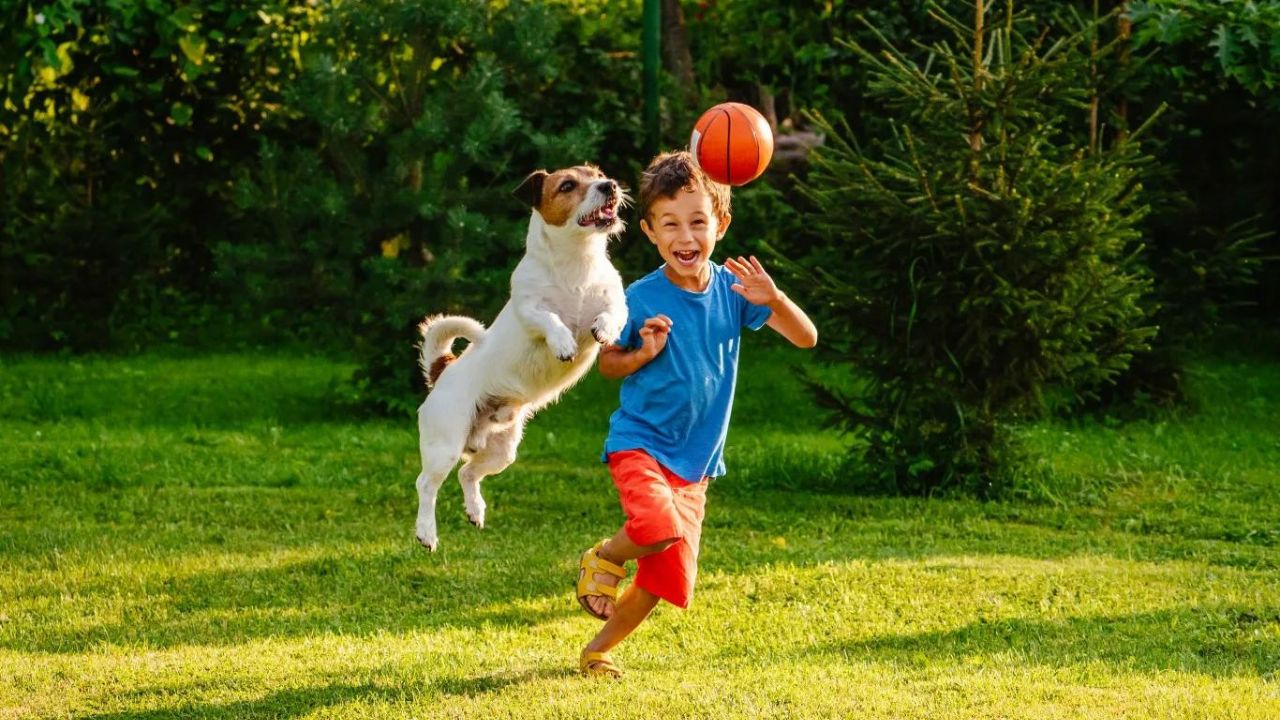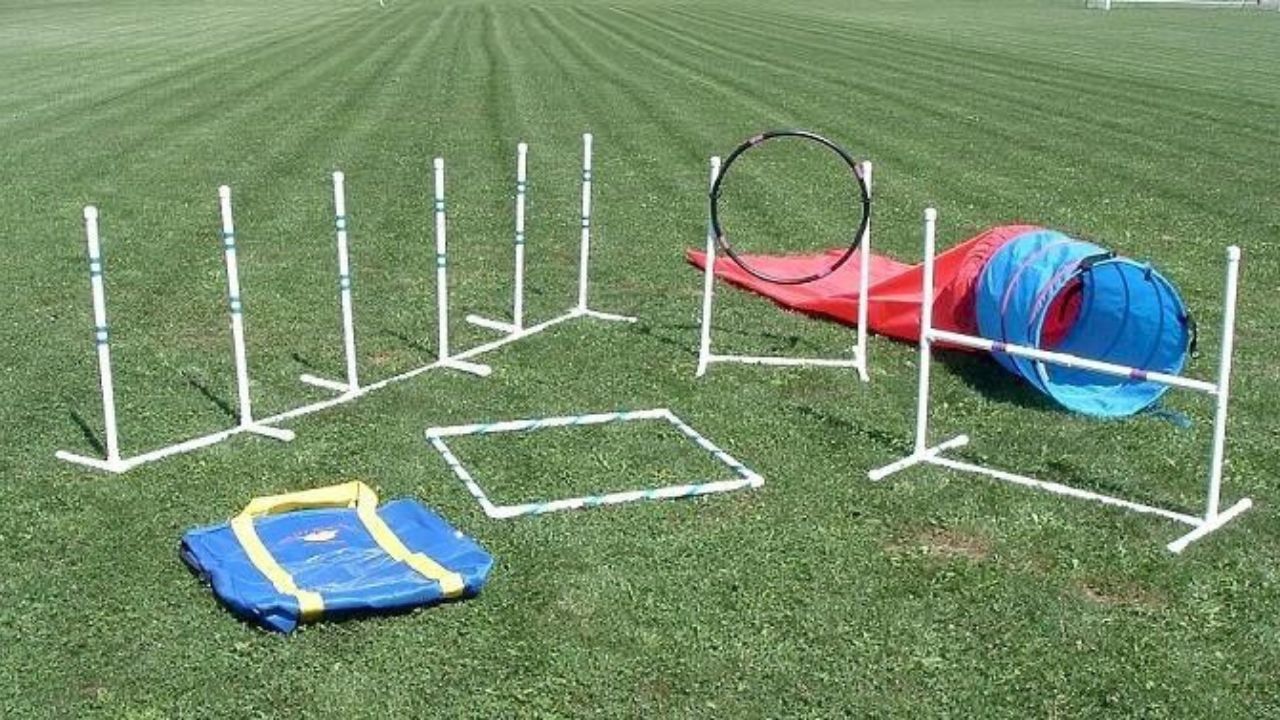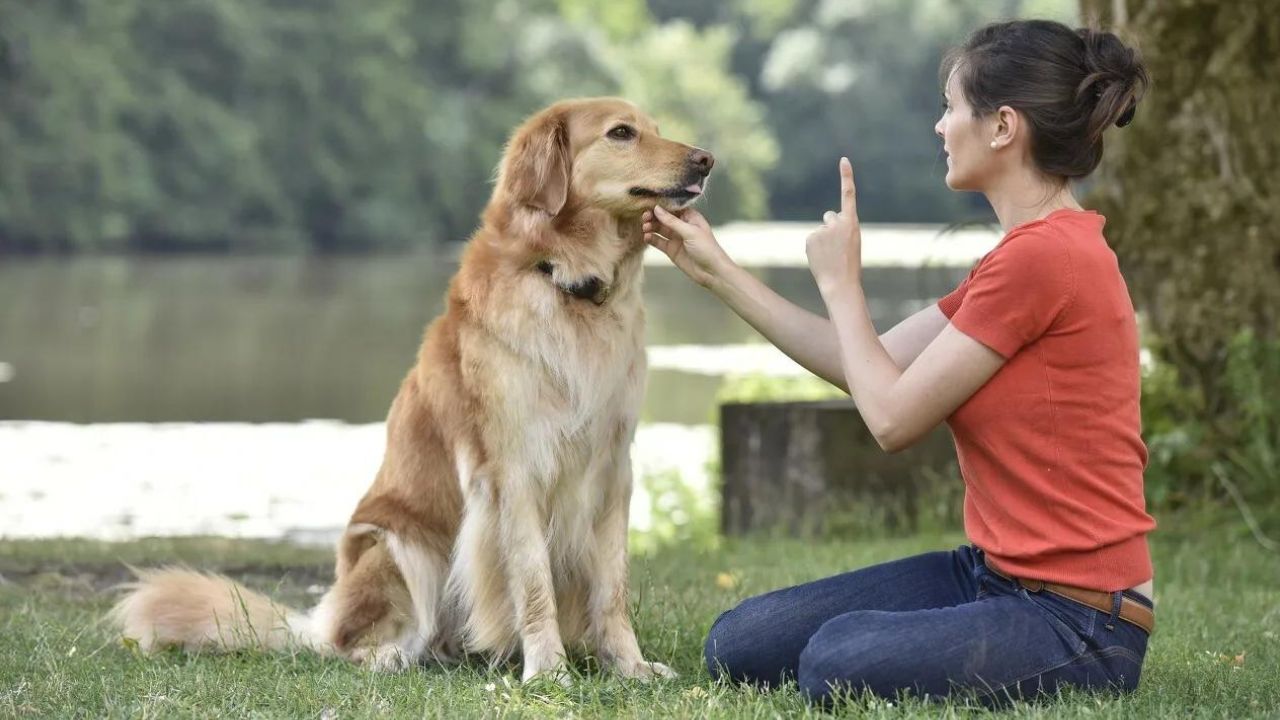Puppies are bundles of joy, but with that cuteness comes responsibility. Training is one of a new puppy parent’s first and most crucial responsibilities. Effective training shapes your furry friend’s behavior and establishes a strong foundation for a lifelong bond. In this article, we’ll explore the essential aspects of train your puppy, providing insights into where to start and how to navigate the training journey successfully.
Importance of Puppy Training

Train your puppy is not just about preventing them from chewing your favorite shoes; it’s about instilling good behavior, ensuring their safety, and fostering a positive relationship. A well-trained puppy is a joy to be around and can seamlessly integrate into your family and social circles.
Puppy training is crucial for several reasons, as it lays the foundation for a well-behaved and happy adult dog. Here are some key reasons highlighting the importance of puppy training:
Behavioural Development
Training helps shape a puppy’s behavior and teaches them what is acceptable and what is not. This early guidance is essential in preventing behavioral problems later in life.
Socialization
Exposing puppies to different environments, people, and animals during their early developmental stages helps them become well-adjusted and friendly adults. Socialization reduces the likelihood of fear or aggression towards unfamiliar situations.
Communication
Training facilitates effective communication between the owner and the puppy. Basic commands like sit, stay, and come are practical and enhance the bond between the puppy and its owner.
Safety
Training is essential for the puppy’s safety and those around them. Basic commands can prevent situations like running into traffic, jumping on people, or engaging in potentially harmful behaviour.
Establishing Hierarchy
Dogs are pack animals and naturally follow a hierarchical structure. Training helps establish the owner as the leader, creating a harmonious and respectful relationship between the puppy and the family.
Curb Undesirable Habits
Without proper training, puppies may develop undesirable habits such as chewing, digging, or excessive barking. Training provides tools to address and redirect these behaviours positively.
Building Confidence
Training sessions provide mental stimulation for puppies, contributing to their cognitive development and building confidence. Confident dogs are generally more adaptable and less likely to exhibit anxiety or fear-based behaviours.
Preventing Aggression
Proper training can help prevent aggressive behaviour by teaching puppies appropriate ways to interact with people and other animals. Early intervention is key in addressing potential aggression issues.
Health and Well-being
A well-trained puppy is often a healthier one. Training includes teaching them to accept grooming, veterinary care, and handling, making it easier to address health concerns throughout their life.
Lifetime Benefits
The skills learned during puppyhood stay with the dog throughout its life. A well-trained dog is more likely to be included in family activities, enjoy outings, and be welcomed in various social settings.
Building a Strong Foundation
Consider training as the cornerstone of your relationship with your puppy. It’s an investment in their well-being and happiness, setting the stage for a lifetime of positive interactions.
Selecting the Right Training Method
Positive Reinforcement
Start on a positive note by using rewards and praise to reinforce good behaviour. This method builds trust and encourages your puppy to repeat desired actions.
Clicker Training
Clicker training is a popular method that uses a sound signal (the click) to mark correct behaviour, followed by a reward. It’s a precise way to communicate with your puppy during training sessions.
Relationship-Based Training
Build a strong bond with your puppy through relationship-based training. This approach emphasizes understanding your puppy’s needs and adjusting your training style accordingly.
Basic Commands Every Puppy Should Learn
Sit and Stay
Teaching your puppy basic commands like sit and stay lays the foundation for more advanced training. These commands are essential for control and safety in various situations.
Come When Called
A recall command is crucial for a puppy’s safety, especially in outdoor environments. Consistent training will help your puppy learn to come to you promptly.
Leash Training
Mastering leash manners is essential for enjoyable walks. Teach your puppy to walk calmly on a leash without pulling, creating a positive experience for both of you.
Socialization: A Crucial Aspect
Exposure to Various Environments
Introduce your puppy to different environments, sounds, and people early on. Socialization helps prevent fear-based behaviours and ensures your puppy is comfortable.
Interaction with People and Other Animals
Encourage positive interactions with other dogs and people to prevent aggression and fearfulness. A well-socialized puppy is more likely to be confident and well-adjusted.
Housebreaking Tips and Tricks
Establishing a Routine
Create a consistent schedule for feeding, bathroom breaks, and playtime. Predictability helps your puppy understand what to expect and reduces accidents in the house.
Positive Reinforcement for Bathroom Habits
Reward your puppy for good bathroom behaviour to reinforce the habit. Positive reinforcement creates a positive association with proper bathroom etiquette.
Addressing Behavioral Issues
Chewing and Biting
Puppies explore the world through their mouths, but it’s essential to redirect chewing to appropriate toys. Address biting behaviour early on to prevent it from becoming a habit.
Excessive Barking
Excessive barking can be a nuisance. Identify the triggers and use positive reinforcement to discourage unnecessary barking while reinforcing quiet behaviour.
Separation Anxiety
Gradually accustom your puppy to alone time to prevent separation anxiety. Gradually extend the duration as your dog grows accustomed to being left alone.
Consistency and Patience
Consistent Training Schedule
Consistency is key in training. Stick to a regular training schedule to reinforce lessons and help your puppy understand expectations.
Learning Curve
Every puppy learns at their own pace. Be patient and adapt your training approach to suit your puppy’s needs.
The Role of Playtime in Training
Incorporating Play into Training Sessions
Make training enjoyable by incorporating play. Use toys and games to reinforce commands, making the learning process engaging and fun.
Mental Stimulation through Play
Mental stimulation is as important as physical exercise. Provide puzzle toys and activities that challenge your puppy’s mind, preventing boredom and undesirable behaviours.
Training Tools and Equipment

Collars, Leashes, and Harnesses
Select appropriate collars, leashes, and harnesses for your puppy’s comfort and safety. The right equipment makes training more effective and comfortable for both of you.
Treats and Toys
Choose high-value treats and toys to reward your puppy during training. Positive reinforcement with enticing rewards enhances the learning experience.
Seeking Professional Help
Importance of Professional Trainers
Consider professional trainers for guidance, especially if you encounter challenges. Getting professional assistance guarantees you will obtain knowledgeable guidance appropriate to your puppy’s requirements.
When to Consider Professional Training Services
If train your puppy exhibits persistent behavioural issues or if you feel overwhelmed, seeking professional assistance early on can prevent problems from escalating.
Monitoring Your Puppy’s Progress
Keeping Track of Achievements
Celebrate your puppy’s achievements, no matter how small. Tracking progress boosts your confidence as a trainer and reinforces positive behaviour.
Adjusting Training Methods as Needed
Be flexible in your approach. Adjust certain methods to suit your puppy’s learning style if certain methods aren’t working. Tailoring your training methods ensures better results.
The Connection Between Training and Bonding
Strengthening the Bond with Your Puppy
Training isn’t just about commands; it’s an opportunity to strengthen your bond. Spend quality time together during training sessions to enhance your connection.
The Emotional Benefits of Training
Training promotes mental stimulation and a sense of accomplishment for your puppy, contributing to their overall emotional well-being.
Common Mistakes to Avoid
Inconsistency in Commands
Consistency is crucial in training. Inconsistency can confuse your puppy and hinder progress. Stick to established commands and routines.
Punishment-Based Training
Avoid using punishment as a primary training method. Positive reinforcement is more effective in creating lasting behavioural changes without causing fear or stress.
Celebrating Successes
Small Wins Matter
Acknowledge and celebrate small victories. Positive reinforcement for achievements motivates your puppy and reinforces desired behaviours.
Creating a Positive Training Environment
Establish a positive atmosphere during training. Your puppy should associate training with enjoyable experiences, fostering a positive attitude towards learning.
Conclusion
In conclusion, the first thing you should train your puppy is a combination of basic commands, socialization, and housebreaking. Selecting the right training methods, addressing behavioural issues promptly, and maintaining consistency sets the stage for a well-behaved and happy canine companion. Remember, training is a journey that strengthens the bond between you and your puppy.
FAQ
How long does it take to train a puppy successfully?
The duration varies, but consistency and positive reinforcement can speed up the training process.
Can I train my puppy without professional help?
Absolutely! Many pet owners successfully train their puppies at home, but professional guidance can be valuable for specific challenges.
What teats work best for puppy training?
Use small, soft treats that your puppy loves. Experiment to find what motivates them the most.
Is crate training necessary for puppies?
Crate training can be beneficial for housebreaking and providing a safe space, but it’s not mandatory.
At what age should I start training my puppy?
Start basic training as early as 8 weeks, focusing on short, positive sessions to accommodate their attention span.

